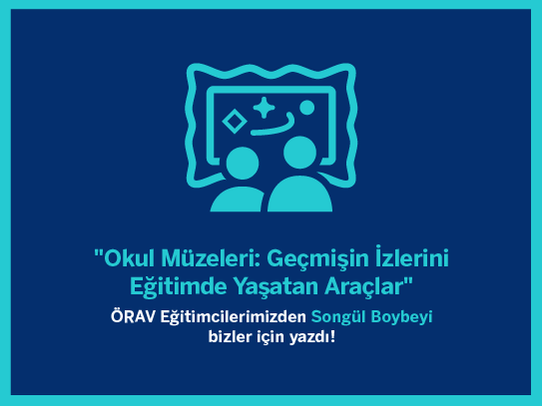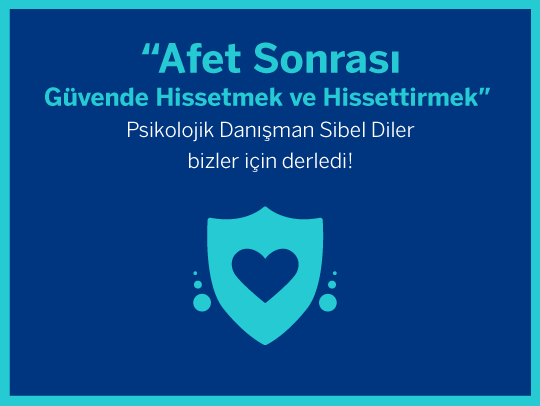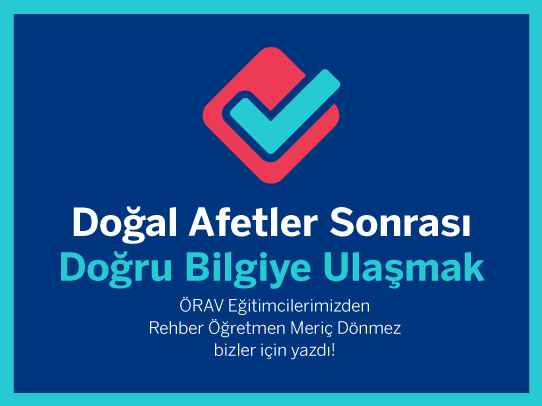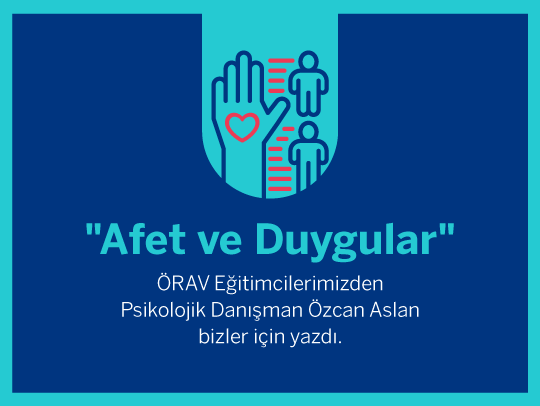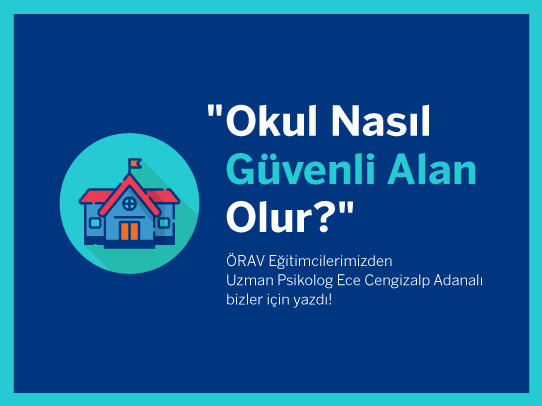What is it?
It is a supportive intervention offered to individuals who have recently experienced a crisis and need support and assistance. There is no need to be a mental health professional to offer PIY, it can be implemented by anyone who can provide emergency support.
When.
Psychological first aid can be provided at the first contact with the person under stress or immediately afterwards. However, this help can sometimes last for weeks, depending on the size and type of the incident.
What are the following?
Staying quietly with the individual, listening to him/her without forcing him/her to tell about the event, giving a bottle of water, enabling him/her to call his/her relatives by phone, helping him/her to access services and social support, protecting him/her from possible harm, etc. are psychological first aid.
To whom?
PIY can be applied to individuals of all ages. However, not everyone who experiences difficult events may need psychological first aid. It is important to be accessible to people who do not want help without forcing them.
Where?
PIY can be offered wherever it is safe enough. This can often include the scene of the incident, health centres, camps, schools and aid distribution sites. In cases where the individual wishes to speak privately, care should be taken to find a place where the individual's confidentiality will be respected, as far as possible.
How?
Make sure that you listen to the individual's feelings, thoughts and beliefs with calmness and acceptance, that you make them feel that every emotion is normal, and that you do all this in a consistent manner with your gesture-mimic, tone of voice and body language. Speak in terms he/she understands, taking into account his/her culture, age, gender, customs and religion.
Responsibility?
Give accurate, clear and concise information, being careful not to say what you cannot do in order to reassure. Apply the principle of "listen more, talk less". Say "I don't know" to questions you don't know without acting as a saviour.
Guidance
The person giving PIY should know his/her own limits and refer the individual to relevant persons or organisations when necessary. When you observe the possibility of harming oneself or others out of deep despair, anger or revenge, help the individual seek professional support or inform relevant professionals.
Ending the PIU
People affected by the crisis will need to use their own coping skills in the long term to recover. Help individuals to help themselves and regain control of the situation.
